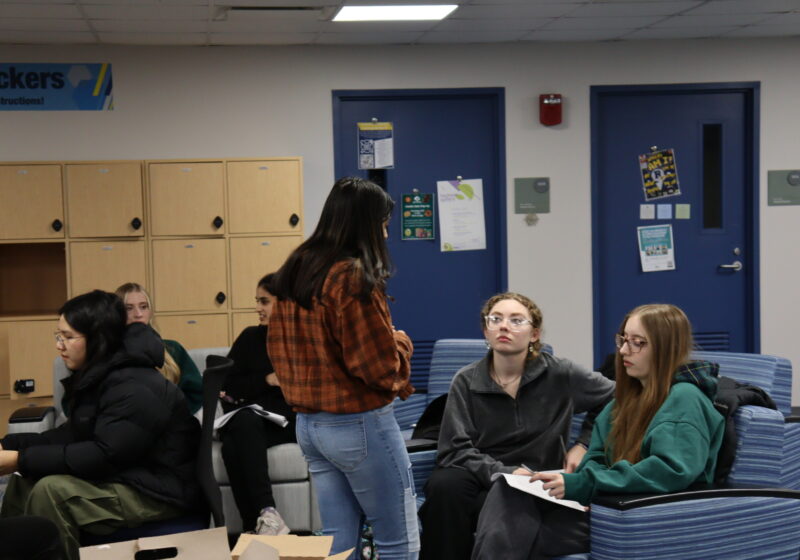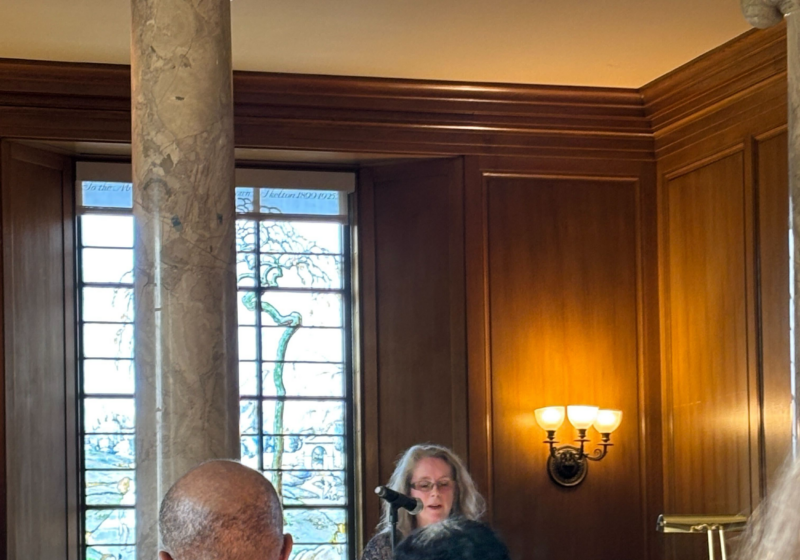This October, the UR Students’ Association (SA) Government defunded Interpres, UR’s only organization that designs and publishes an annual yearbook for students to purchase in remembrance of their college experience. The organization was established in 1850.
The defunding came as a shock to members of the Interpres Yearbook when they were notified in September, as they were in the process of brainstorming for the 2015-2016 edition.
“We were notified by email and were so surprised,” Interpres copy editor Chirlien Pang said in an interview.
Pang was, however, aware that Interpres was in a critical state. “The publicity for Interpres isn’t great. Many people don’t know that we sell yearbooks in the first place,” she said. “The company that we order the yearbooks from requires that we order a certain number of them, regardless of whether we can sell all of them or not. In the past several years we haven’t been selling enough, which has put our organization in debt. We even tried to reduce the number of yearbooks ordered, but that still resulted in us having many copies left over.”
Interpres staff writer and designer Caleb Krieg functions as the liaison between Interpres and SA. In an interview, Krieg said “Basically what happened was that we were told SA no longer has enough funding for yearbook, and I told them that we as an organization were not there to make profit, but to break even. I had a small meeting with Brian Leu, SA’s Policy and Review Chair, and Zeina Elhaj, SA’s Treasurer, about the Policy and Review hearing. After the hearing, they told me that we have to create and sell a yearbook with no funding which is impossible.”
According to Pang, SA had suggested that Interpres cover and photograph school events and post them online following the format of a blog or an electronic yearbook. Interpres was on board with restructuring their organization, but were unable to completely do so because SA placed them on probation.
Interpres advisor Jennelle Hart explained in an email, “The budget for 2015-2016 school year was submitted with a new business model. Interpres would no longer have a contract to purchase a set amount of books. It was to be switched to a pre-order model, only printing and purchasing what was already paid for, plus about two dozen extra to sell during commencement weekend, which has always been successful. This cut the subsidy request substantially. The group went from a budget of thousands of dollars to less than $700. However, because they were coming off of a ‘bad year’ the group was not given the opportunity to try this business model.”
Members of Interpres were upset by SA’s decision, but Pang said they understand that college yearbooks are becoming a thing of the past. She noted that “yearbooks are becoming obsolete because of technology. Why would anyone want to buy a yearbook if you aren’t guaranteed to see yourself in it and can easily relive your college experience through Instagram, Facebook and other social media platforms?”
Junior Kelsey Csumitta agreed with Pang. When asked in an interview if she thought college yearbooks were outdated, Csumitta said, “Yeah, I don’t buy them, but I would have considered it for senior year just to be able to look back at everyone we graduated with. Even then I wouldn’t really care if I got one or not. I feel like Rochester Facebook groups for alumni are just as good.”
Interpres’ probationary period will last until the end of the semester. Their status as an SA-recognized organization will remain unknown until a follow-up hearing is held next semester.





